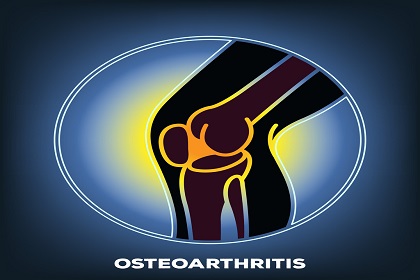Search
What is anemia? Anemia is a low number of red blood cells or a low amount of hemoglobin in your red blood cells. Hemoglobin is a protein that helps carry oxygen throughout your body. Red blood cells use iron to create hemoglobin. Anemia may develop if your body does not have enough iron. It may also develop if your body does not make enough red blood cells or they die faster than your body can make them.
What increases my risk for anemia?
• Trauma or surgery that causes massive blood loss
• A gastrointestinal bleed
• A woman's monthly period
• A family history of blood disease or anemia
• Liver or kidney disease, cancer, rheumatoid arthritis, or hyperthyroidism
• Alcohol abuse
• Lack of foods that contain iron, folic acid, or vitamin B12
What are the signs and symptoms of anemia?
• Chest pain or a fast heartbeat
• Lightheadedness, dizziness, or shortness of breath
• Cold or pale skin
• Tiredness, weakness, or confusion
How is anemia diagnosed? Blood tests will show if you have anemia.
How is anemia treated? Treatment depends on the type of anemia you have. You may need any of the following:
• Iron or folic acid supplements help increase your red blood cell and hemoglobin levels
• Vitamin B12 injections may help boost your red blood cell count and decrease your symptoms
• A blood transfusion may be needed if your body cannot replace the blood you have lost
• Surgery may be needed to stop bleeding, or if your anemia is severe
How can I prevent anemia? Eat healthy foods rich in iron and vitamin C. Nuts, meat, dark leafy green vegetables, and beans are high in iron and protein. Vitamin C helps your body absorb iron. Foods rich in vitamin C include oranges and other citrus fruits. Ask your healthcare provider for a list of other foods that are high in iron or vitamin C. Ask if you need to be on a special diet.
Call 120 or have someone call 120 for any of the following:
• You lose consciousness
• You have severe chest pain
When should I seek immediate care?
• You have dark or bloody bowel movements
When should I contact my healthcare provider?
• Your symptoms are worse, even after treatment
• You have questions or concerns about your condition or care
CARE AGREEMENT:
You have the right to help plan your care. Learn about your health condition and how it may be treated. Discuss treatment options with your caregivers to decide what care you want to receive. You always have the right to refuse treatment.
© 2017 Truven Health Analytics LLC All illustrations and images included in CareNotes® are the copyrighted property of A.D.A.M., Inc. or Truven Health Analytics.
Click the link for more information on Family Medicine Clinical Service
Click the link for more information on Hematology Clinical Service











